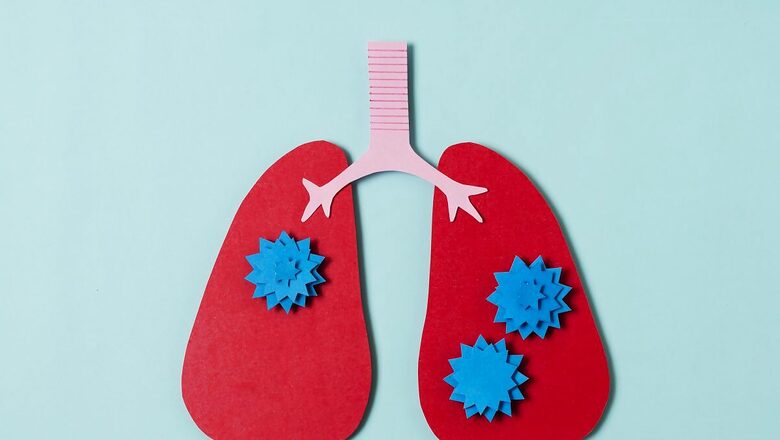
views
Tuberculosis (TB) is a serious infectious disease caused by the bacterium Mycobacterium tuberculosis. While TB can be cured with antibiotics, the emergence of drug-resistant TB strains poses a major challenge to global health. Drug-resistant TB is caused by strains of TB bacteria that are resistant to one or more of the standard antibiotics used to treat TB, making it more difficult and expensive to treat.
“There are two main types of drug-resistant TB: multidrug-resistant TB (MDR-TB) and extensively drug-resistant TB (XDR-TB). MDR-TB is resistant to the two most powerful first-line drugs, isoniazid and rifampin, while XDR-TB is resistant to these two drugs as well as several of the second-line drugs used to treat MDR-TB,” says Dr Nikhil Modi, Senior Consultant, Respiratory and Critical Care Medicine, Indraprastha Apollo Hospitals.
To address the challenge of drug-resistant TB, new treatments are urgently needed. Dr Modi suggests the number of approaches that should be undertaken:
- Develop new drugs: Pharmaceutical companies can invest in the research and development of new drugs specifically designed to combat drug-resistant TB. This can involve identifying new targets for drugs, developing new drug classes, and conducting clinical trials to test the safety and efficacy of new drugs.
- Improve existing drugs: Scientists can also work to improve existing TB drugs, making them more effective against drug-resistant strains. This can involve developing new formulations or delivery methods, such as inhalable or injectable versions of drugs.
- Use combination therapy: Combination therapy involves using multiple drugs together to treat TB, which can help to prevent the emergence of drug-resistant strains. This approach can also be used to treat drug-resistant TB by combining different drugs that target different aspects of TB bacteria.
- Develop vaccines: While vaccines are not a treatment for drug-resistant TB, they can help to prevent the spread of TB and reduce the overall burden of the disease. Developing an effective TB vaccine is a major goal for global health researchers.
- Improve detection and diagnosis: Early detection and diagnosis of TB are crucial for effective treatment and preventing the spread of drug-resistant strains. Improving diagnostic methods, such as developing rapid diagnostic tests, can help to identify drug-resistant strains early and enable prompt treatment.
Addressing the challenges of drug-resistant TB will require a multi-pronged approach that involves research, development, and implementation of new treatments, as well as improved detection and prevention methods.
Read all the Latest Lifestyle News here




















Comments
0 comment